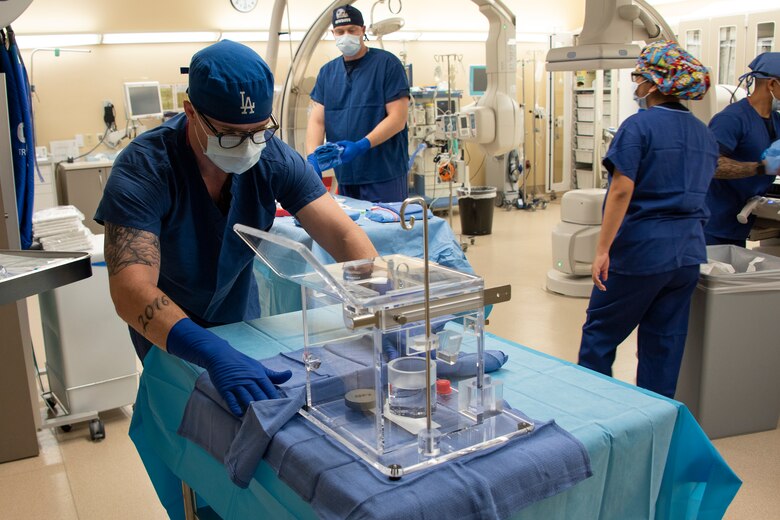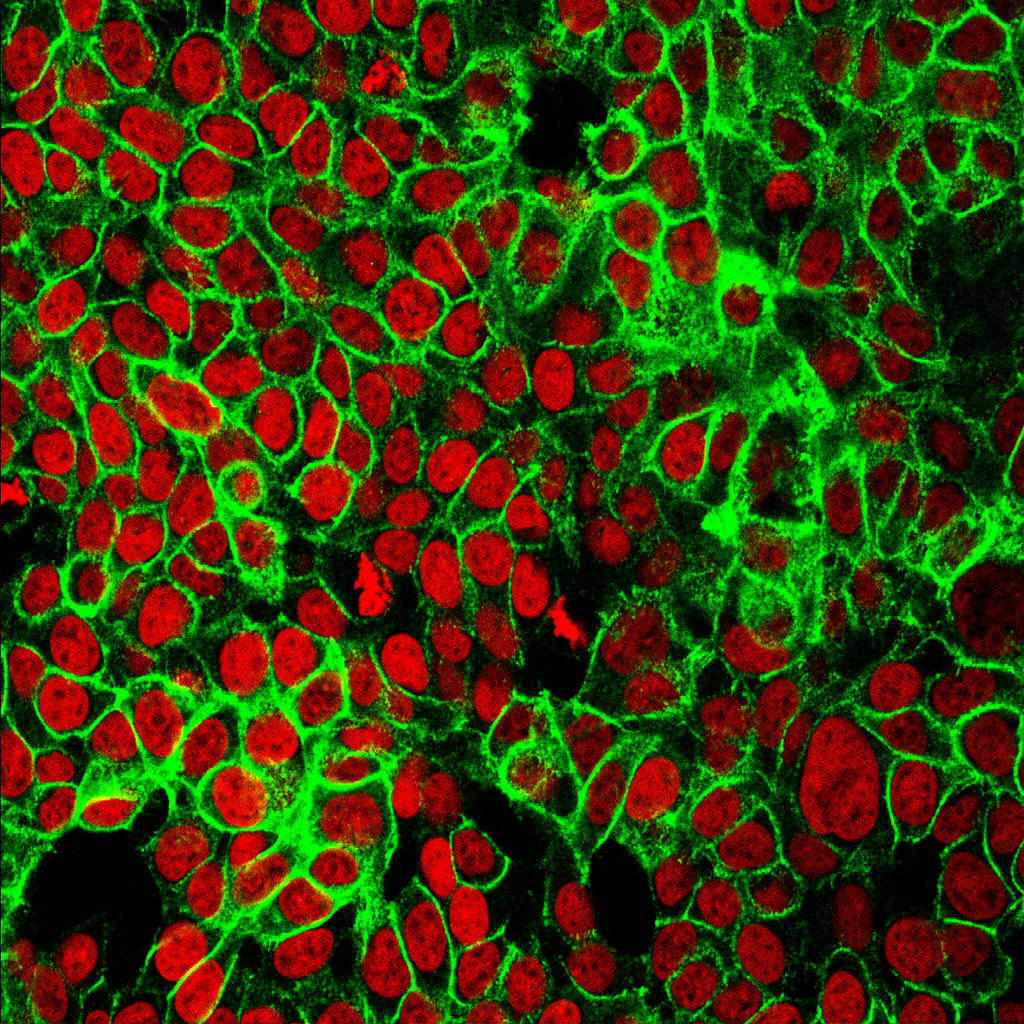STEM
Health
Medicine
Nature of Science
Nature of Science
Edward Hessler
Physician-scientist Azra Raza is the director of the MDS Center at Columbia University. MDS or myelodeplastic syndromes, consists of a group of cancers that result from bone marrow failures. Her speciality is acute myeloid leukemia (AML),
Dr. Raza has a new book, "The First Cell and the Human Costs of Pursuing Cancer to the Last," in which she argues for a paradigm shift in cancer research which she describes as "chasing after the last cancer cells in end-stage patients whose prognoses are the worst. We need instead to commit to anticipating, finding and destroying the first cancer cells."
Raza posted an essay adapted from the book on ThreeQuarksDaily (3QD), a blog she co-founded and moderates. It was originally published in The Wall Street Journal.
Raza uses her specialty as an example of why we need to change our focus. "AML accounts for a third of all leukemia cases, Currently, the average age of diagnosis is 68; roughly 11,000 individuals die annually from the disease. The five-year survival rate for diagnosed adults is 24%, and a bone-marrow transplant increases the odds to 50% at best. These figures have hardly budged since the 1970s."
Of course, she notes, there have been improvements in cancer outcomes but these are mainly due to reduction in smoking and screening. Some of these have led in "the hunt for single mutations in other cancers, which has evolved into a hugely popular medical effort known as 'precision oncology'."
Raza writes that "all of us in the biomedical sciences need to descend from our high horse and humbly admit where we have been wrong. We have sought to model cancer in petri dishes and mice, seeking out single drugs for simple genetic mutations. But cancer is far too complex a problem to be solved with such reductionism. We have not made much progress in the past 50 years and won't advance much more in another 50 if we insist on the same-old same-old."
Raza describes some promising leads in detecting "'biomarkers' of cancerous cells, blood tests ("liquid biopsy") and imaging and wearable devices (e.g., "smart toilets" and a "smart bra").
"Cancer research," concludes Dr. Raza," has been promising hope and delivering disappointments for a half-century. Instead of letting cancer grow into its end-stage monstrosity, let us assemble our resources to pre-empt that battle and strike instead at cancer's root: the first cells."
Dr. Raza interviewed 26 leading cancer investigators and is posting them each Monday on ThreeQuarksDaily. This series is known as the Cancer Questions Project (CQP) where previous interviews may be browsed.. Raza asked the same 5 questions of each researcher:
1. We were treating acute myeloid leukemia (AML) with 7+3 (7 days of the drug cytosine arabinoside and 3 days of daunomycin) in 1977. We are still doing the same in 2019. What is the best way forward to change it by 2028?
2. There are 3.5 million papers on cancer, 135,000 in 2017 alone. There is a staggering disconnect between great scientific insights and translation to improved therapy. What are we doing wrong?
3. The fact that children respond to the same treatment better than adults seems to suggest that the cancer biology is different and also that the host is different. Since most cancers increase with age, even having good therapy may not matter as the host is decrepit. Solution?


4. You have great knowledge and experience in the field. If you were given limitless resources to plan a cure for cancer, what will you do?
5. Offering patients with advanced stage non-curable cancer, palliative but toxic treatments is a service or disservice in the current therapeutic landscape?
Here is the first interview in the series. I've listened to many of them and recommend them. They are short (~ 12 minutes =/- although a few are longer), endlessly interesting and the responses thoughtful. All agree that cancer is a complex disease and that its basic biology is elusive.
As I've listened I've been interested without being at all systematic about it, on differences between scientists and clinicians in how they think about cancer and research, what early means, cancer as a myriad of diseases, their thoughts on palliative care, their willingness to mention that they don't know or are puzzled by some aspect of their work, their agreement/disagreement with Raza, and whether this is a promising lead forward.
As I've listened I've been interested without being at all systematic about it, on differences between scientists and clinicians in how they think about cancer and research, what early means, cancer as a myriad of diseases, their thoughts on palliative care, their willingness to mention that they don't know or are puzzled by some aspect of their work, their agreement/disagreement with Raza, and whether this is a promising lead forward.

 CGEE Student Voice
CGEE Student Voice
No comments:
Post a Comment